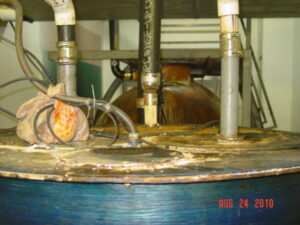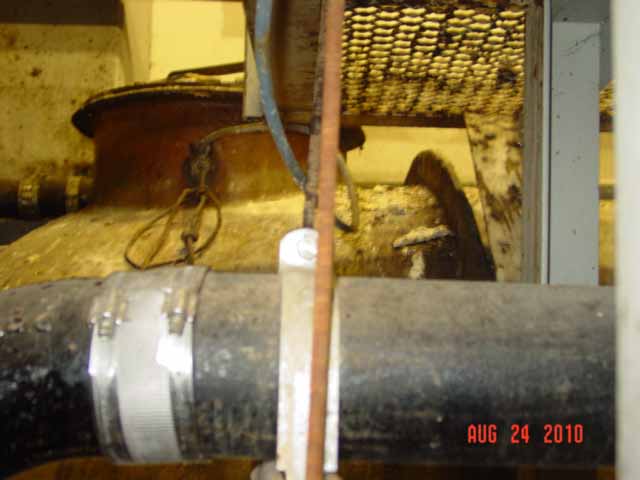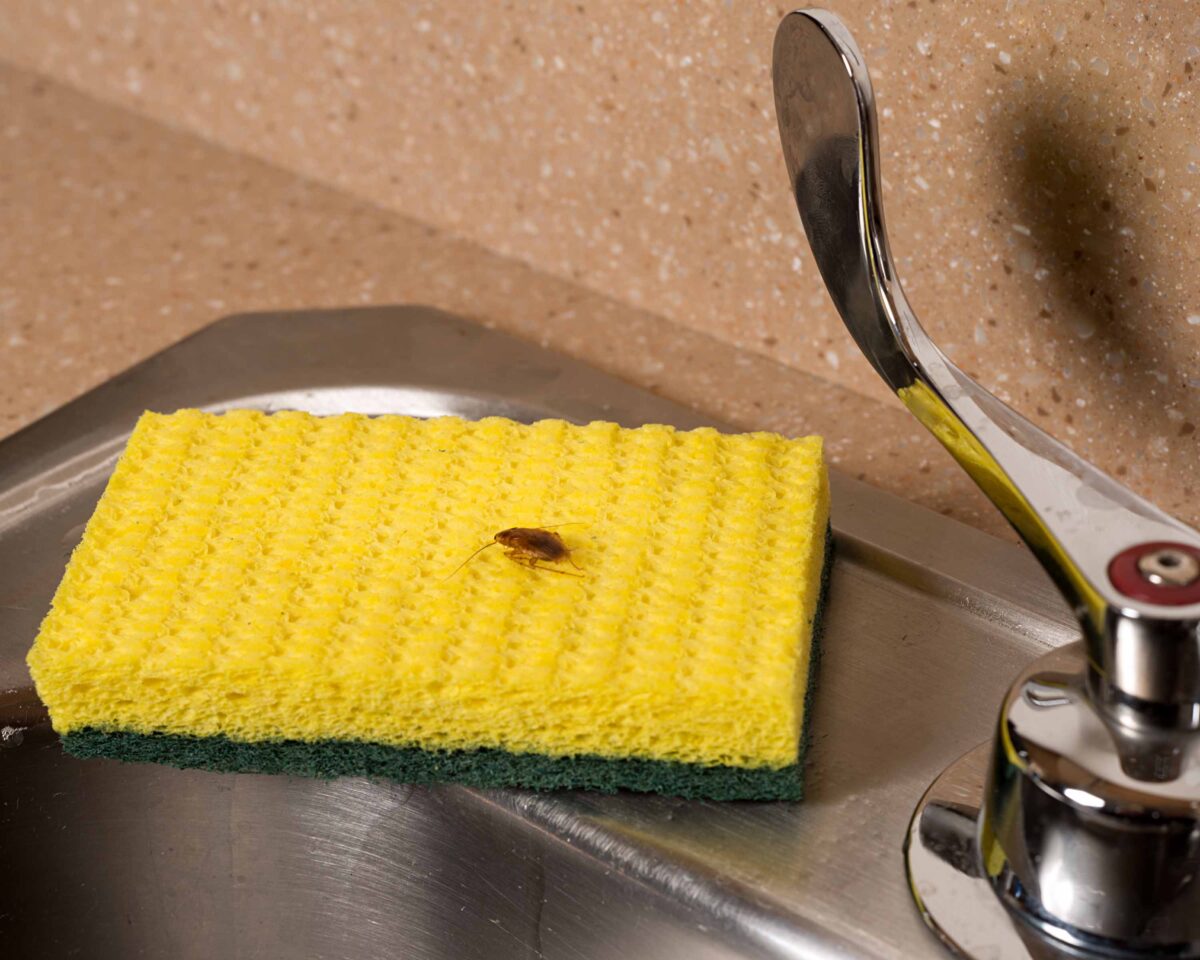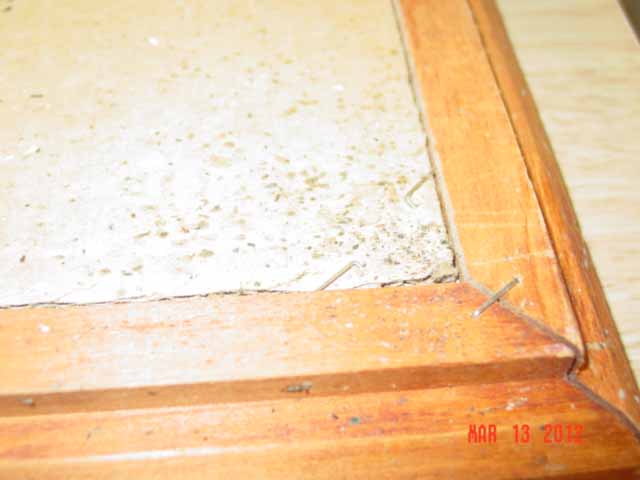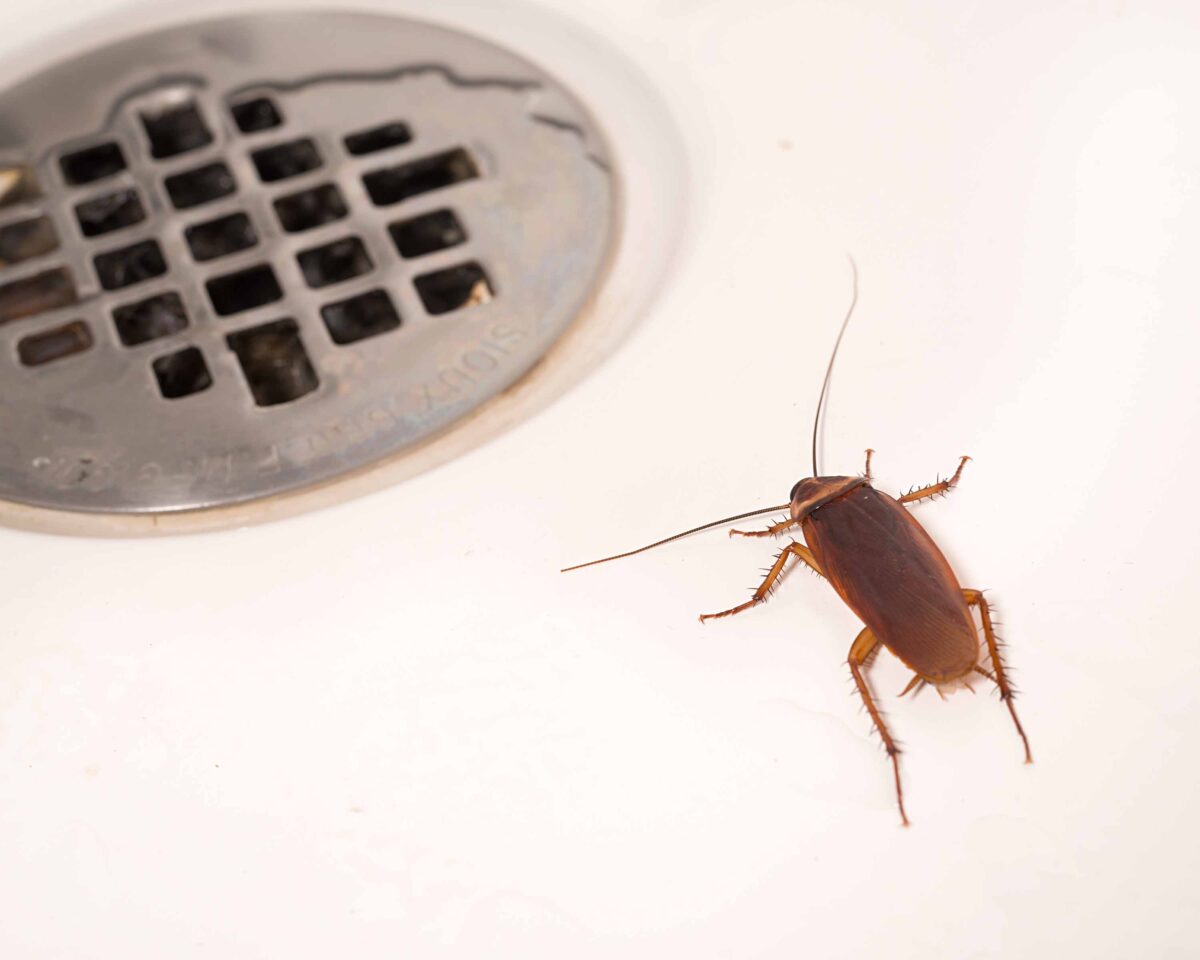
Cockroach. Just the word is enough to send a shiver down anyone’s spine, and it’s no mystery why. Besides being unpleasant to look at, these creepy critters readily transmit disease, produce offensive odors, and trigger severe allergic reactions. Plus, they’re everywhere – according to the National Institutes of Health, detectable levels of cockroach allergens can be found in at least one location in 63% of all US homes.
For asthma sufferers, this is especially problematic – exposure to the insects can aggravate symptoms, trigger asthma attacks, and make life miserable. The link between cockroaches and asthma has been extensively studied, and experts agree that they pose a significant risk. Cockroach allergens are found in the feces, saliva, shells and shed body parts of the insects. It may sound strange, but dead roaches pose a greater risk than living ones! That’s because all of the aforementioned toxins readily diffuse into the air, and into your lungs – even if you’re not spotting the bugs on a daily basis, you still might be exposing yourself to the allergic culprits without knowing it.
Unfortunately (and ironically), the chemicals used to eradicate roaches can exacerbate asthma just as much as the pests themselves. Luckily, there are plenty of steps you can take to make your home a roach-proof, less-triggering place – without all the nasty chemicals. Read on to learn about how to kick the creepers to the curb for good, and get relief from the asthmatic complications they cause.
1. Don’t Let Them Get a Free Meal – Cockroaches will eat anything – crumbs from last night’s pot pie, stale dog food, and even the glue from book bindings! Obviously, you shouldn’t burn all your books, but you should restrict their access to food. Keep your kitchen clean – clean up crumbs and spills, make sure food is kept in tightly-sealed bags or containers, don’t leave pet chow in Fido’s bowl overnight, and take out the trash regularly.
2. Keep it Sealed – If there’s food and moisture in your abode, chances are that roaches will want in – but if you don’t provide any entrances, they’ll be out of luck. Carefully examine your home for cracks in the walls, ceilings, and floors; the openings around pipes are also common entryways. Close up any crevasses with a caulking gun, and make sure to fix leaky pipes or faucets – cockroaches are attracted to water.
3. Get Rid of the Grease – Grease and grime are irresistible to cockroaches, and the longer you go without cleaning your counter-tops, drains, ovens, and vents, the greater the risk of unwelcome visitors. Don’t give in to the temptation of leaving your dirty dishes to sit in the sink overnight, and clean vents, counter-tops, and drains often.
4. Vacuum. It’s not so much the roaches themselves that causes problems for asthmatics – it’s the microscopic particles they leave behind. Once you’ve made strides in roach-proofing your home, it’s important to tackle the debris. Vacuum your floors frequently, wipe down furniture with a wet washcloth, and consider investing in an air purifier to improve air circulation.
5. If all else fails, call a professional. Tackling a roach infestation takes a massive amount of time and energy, and it may be weeks or even months before your condition starts to improve. If you’re still having problems, reach out to a pest control company – but do some background research beforehand to see if they may offer low-toxicity, environmentally-friendly treatment methods. Do NOT try and take matters into your own hands with harmful chemicals – they will only make symptoms worse!
Cockroaches have been creeping around longer than mankind’s entire existence – hundreds of millions of years longer, to be exact – but that longevity need not translate into misery. By taking preventative measures against these meddlesome insects, you can protect yourself and your loved ones from asthma attacks and other pulmonary troubles.
Zoe Camp is an avid home sealing for http://www.justnebulizers.com and a student at Columbia University who spends her time researching and writing about health care, specifically pulmonary health issues. She hates cockroaches as much as you do.
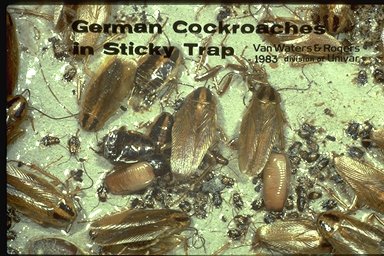
Photo courtesy Univar


